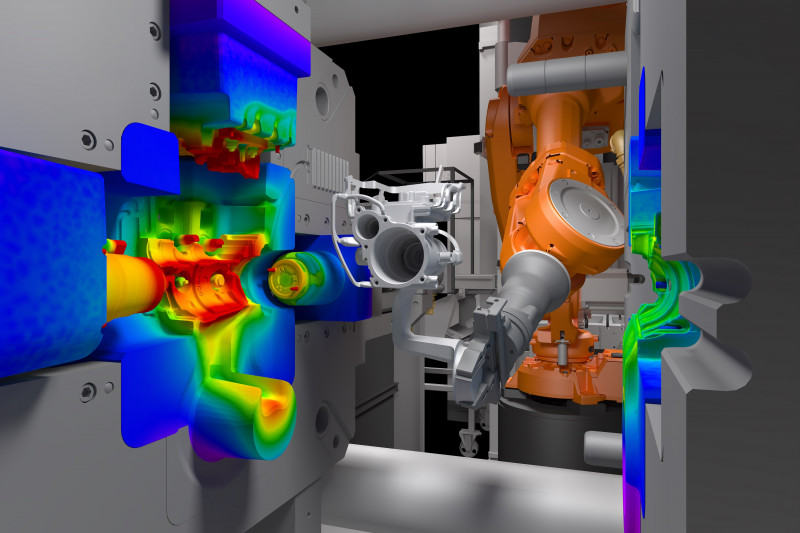Aluminum is a highly versatile metal that is widely used in a multitude of applications ranging from automotive, aerospace, and construction to electronics, packaging, and consumer goods. However, one of the major challenges associated with aluminum is its susceptibility to corrosion, which can result in reduced performance, aesthetic degradation, and ultimately, structural failure. To address this issue, various methods have been developed to enhance the corrosion resistance and surface properties of aluminum, and one of the most effective techniques is aluminum conversion coating.
Aluminum conversion coating refers to a chemical treatment that creates a thin layer of oxide, phosphate, or chromate on the surface of aluminum, which acts as a protective barrier against corrosion. Unlike coatings that are applied as a separate layer on top of the metal, conversion coatings are integrated into the surface structure of the aluminum, thereby providing better adhesion, durability, and uniformity. Conversion coatings can be applied to different types of aluminum alloys, including pure aluminum, aluminum-magnesium, aluminum-silicon, and aluminum-copper, and can be tailored to specific performance requirements such as adhesion, wear resistance, electrical conductivity, and paint adhesion.
One of the most commonly used aluminum conversion coatings is chromate conversion coating, which is based on the use of hexavalent chromium compounds. Chromate conversion coatings are widely used in the aerospace and defense industries due to their high corrosion resistance, electrical conductivity, and adhesion properties. However, hexavalent chromium compounds are known to be toxic and carcinogenic, and their use has been restricted by environmental and health regulations. As a result, there has been a growing interest in developing alternative conversion coatings that are free from hexavalent chromium compounds.
One such alternative is the phosphate conversion coating, which is based on the use of phosphoric acid or phosphate salts. Phosphate conversion coatings have been shown to provide good corrosion resistance, surface adhesion, and paint adhesion, and are also more environmentally friendly than chromate conversion coatings. However, phosphate conversion coatings are less effective than chromate conversion coatings in high humidity and salt spray environments, and their performance can vary depending on the type of substrate, coating thickness, and process parameters.

Another alternative is the anodizing process, which is based on the use of electrolysis to create a thick, porous oxide layer on the surface of aluminum. Anodizing can provide excellent corrosion resistance, wear resistance, and aesthetic properties, and can also be used to create colored and decorative finishes. However, anodizing requires specialized equipment and can be more expensive than other conversion coatings, and may also require additional surface preparation steps such as mechanical polishing and chemical etching.
In conclusion, aluminum conversion coating is a highly effective technique for enhancing the corrosion resistance and surface properties of aluminum. The choice of conversion coating depends on the specific performance requirements, environmental conditions, and regulatory requirements, and can involve a trade-off between performance, cost, and environmental impact. As the demand for sustainable and eco-friendly coatings continues to grow, there is a need for further research and development of alternative conversion coatings that can provide comparable or superior performance to traditional coatings while minimizing environmental and health risks.
-

- Magnesium alloy rigid fork for bicycle -customized die casting metal parts
-

- OEM die-casting components & parts
-

- Magnesium alloy foundry parts bicycle frame CNC machining & surface finishing
-

- Magnesium alloy die-casting LED display frame
-

- OEM Die casting manufacturer produce magnesium alloy wheel for kids push bike
-

- Magnesium alloy Thixomolding power batter housing

 0086-750-5616188
0086-750-5616188 +86 13392089688
+86 13392089688 sales@zhongmei-tech.com
sales@zhongmei-tech.com







